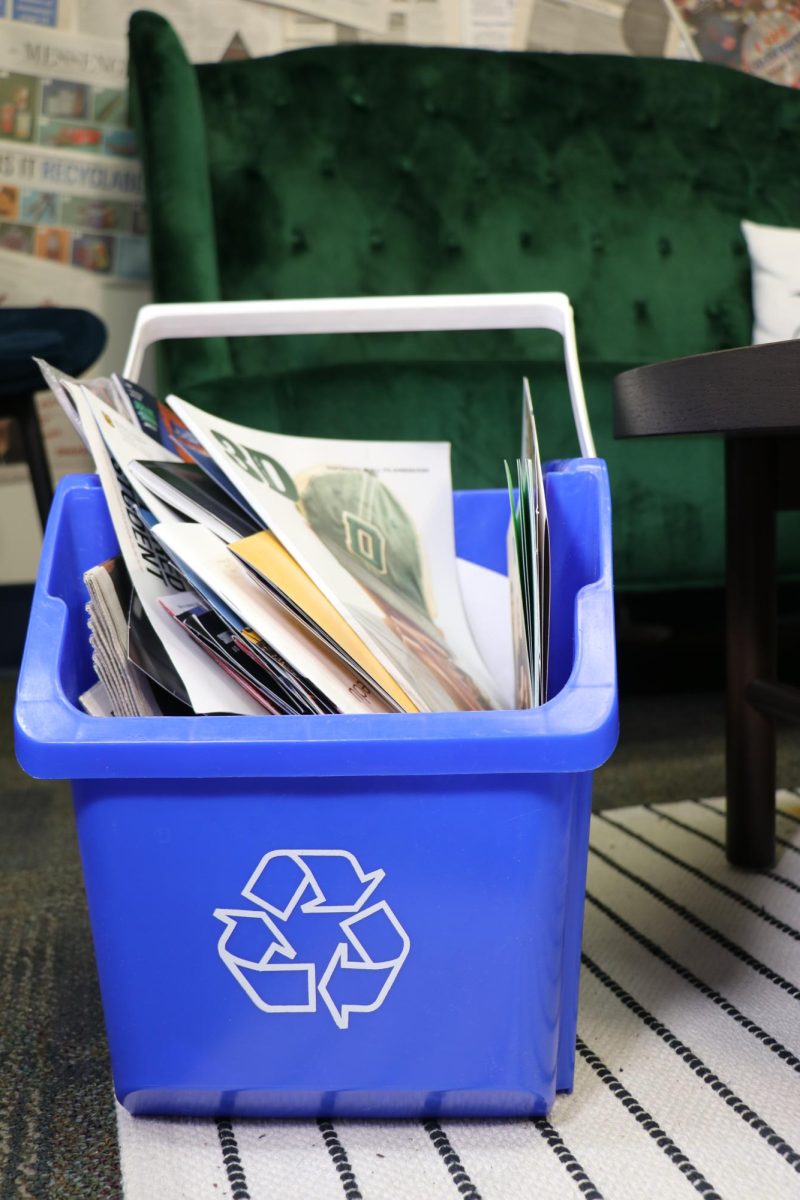My house is full of glossy brochures. They are stacked on my counter, in my room and in my mailbox. And they are all from colleges begging me to send in an application, despite half not having either of my intended majors.
They are filled with every wonderful thing a college could offer: pictures of an obscure class with 14 students that few will take, their selective large dorm rooms, aerial views of the school only in early fall or late spring, and the vast options of food served on campus.
Ninety times out of 100 the brochures sent from colleges won’t tell you how much it costs to go there, but do include their super selective scholarships.
There are 575 seniors at MHS. Multiply that by the 60 brochures I received in a week and the whole senior class received 34,500 pieces of college mail in one week.
Accumulating this mail over the course of a whole year and we could start a recycling business.
Colleges highly prioritize marketing, paying 42 cents for each student email and address from the Student Search Service, a College Board database. A fortune is spent on these shiny picture books that only add to the stress of college applications.
And where do most of them end up? In the trash.
According to Eco-cycle about 4 million tons of glossy brochures, envelopes and other direct mail advertisements end up in U.S. landfills each year. A large portion of that can be contributed to college mail. Clearly this is a problem.
It’s understandable that colleges and universities have to advertise because ultimately they are a business, but switching to only email marketing would be best. I already receive a ton of emails from colleges, and I don’t need the additional picture books they decide to send.
College mail isn’t useful, especially when it’s wasting paper, and ignoring the clear alternative: email.
According to New York University, it’s estimated that American households collectively throw away the equivalent of 100 million trees’ worth of paper. Recycling college mail would largely curtail the amount of paper going to landfills.
As high school students, we cannot stop colleges from advertising and sending “personalized” letters in bulk, but we can at least recycle instead of contributing to landfills.






